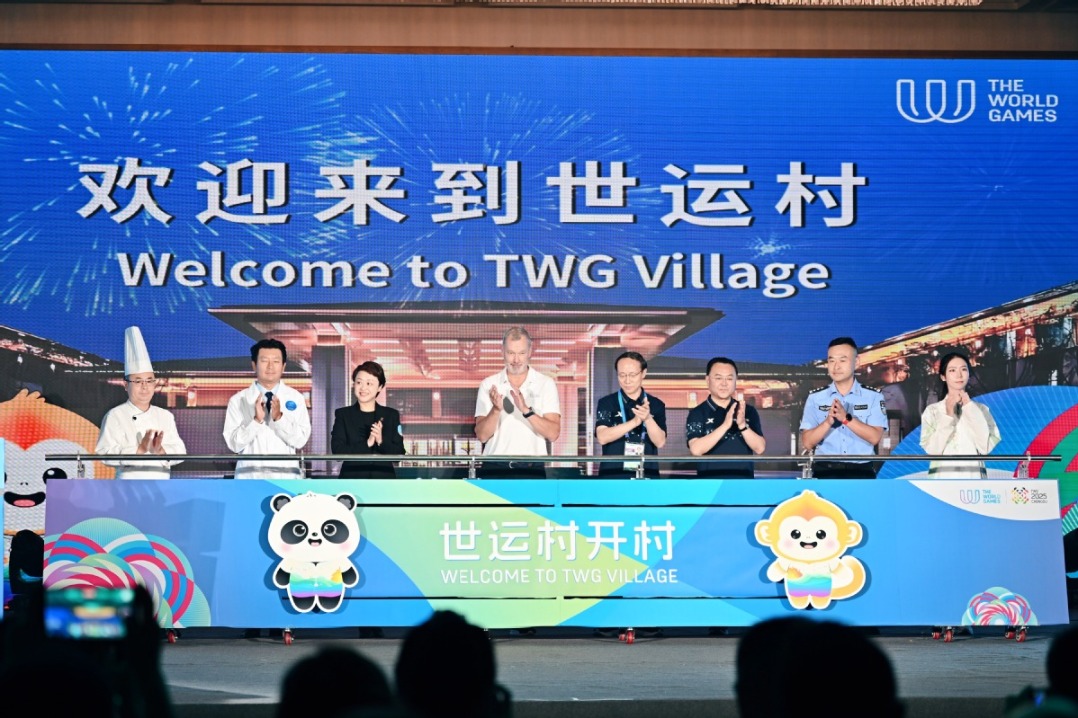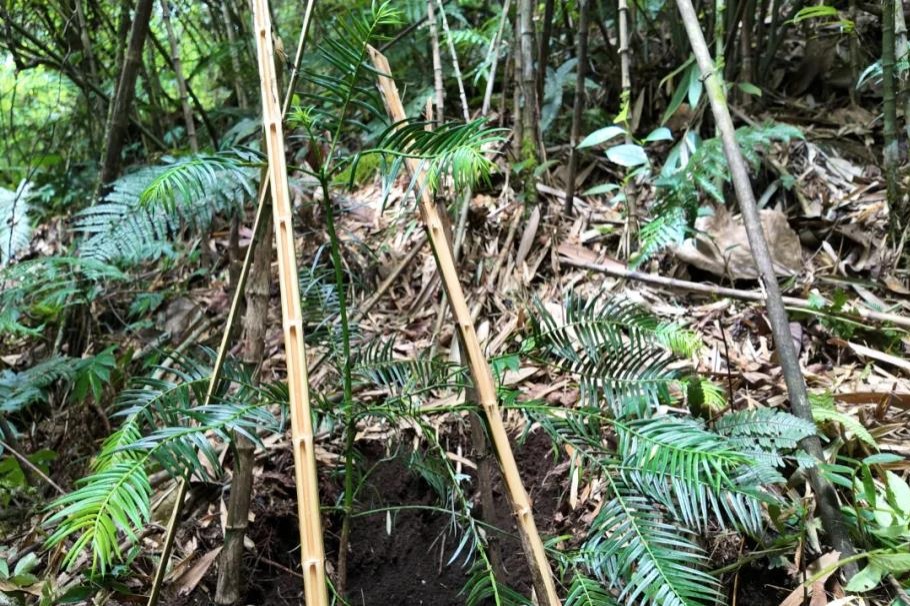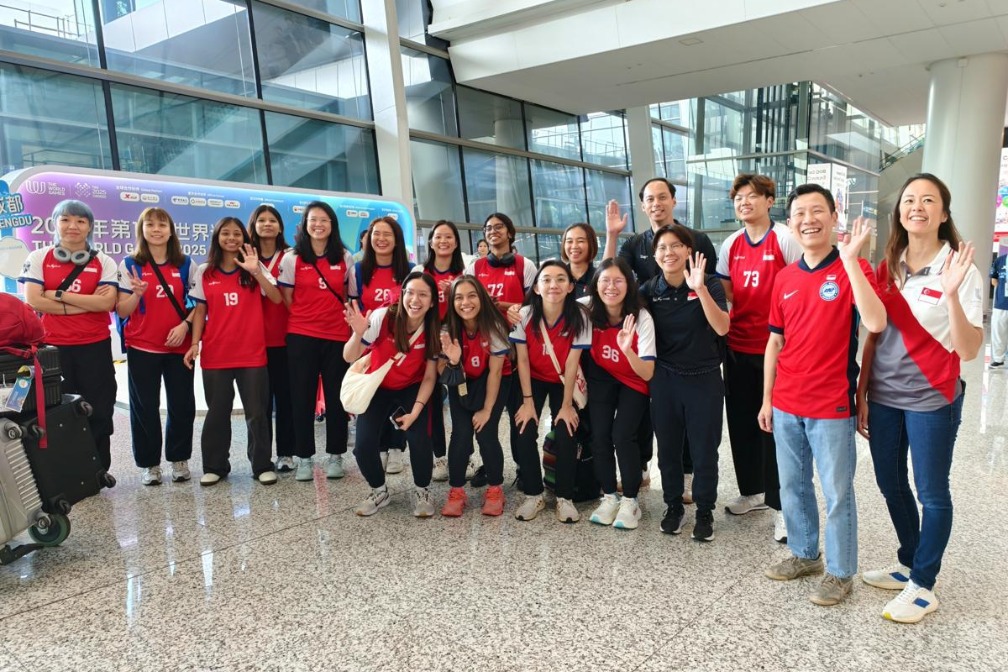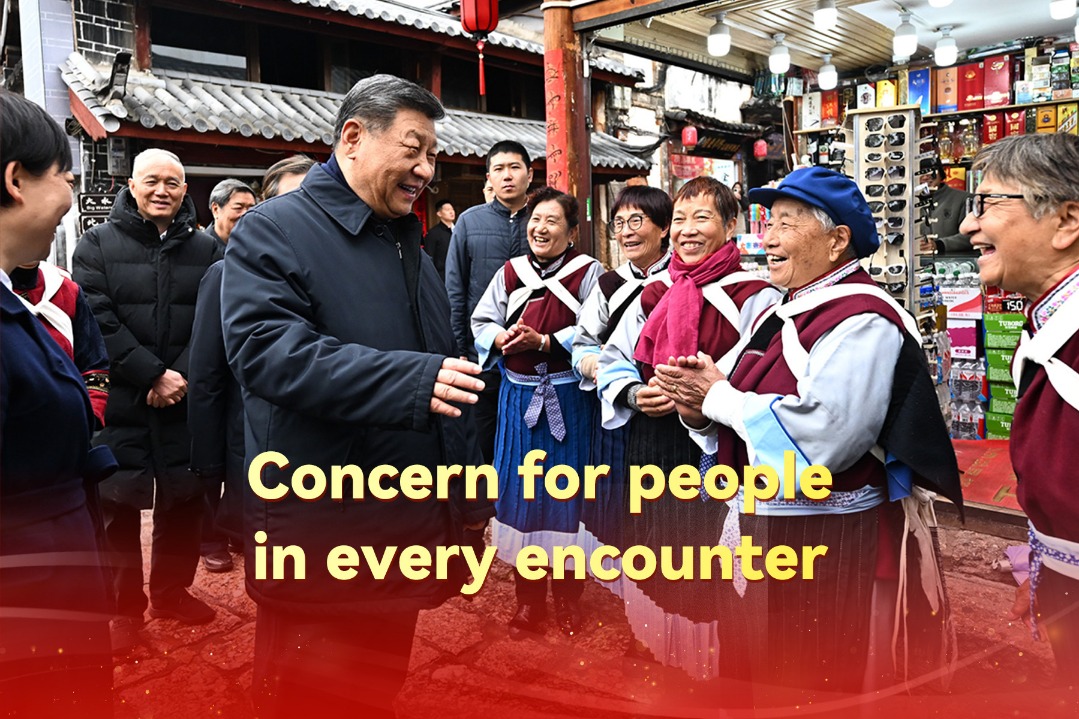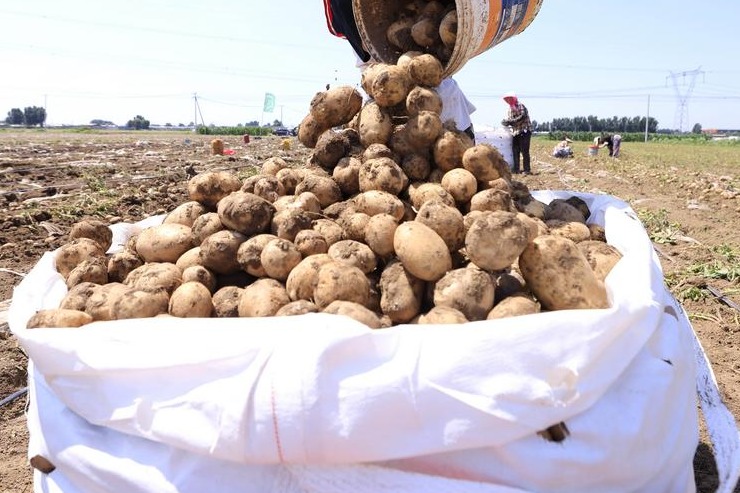A change in thinking from the city to the soil

Born in Shenzhen, a bustling metropolis in Guangdong province, Luo Yi's perspective on life was shaped by the time she spent in the countryside when she was growing up.
The 28-year-old's studies and work have seen her live in major cities around the globe, such as Washington, Hong Kong and Beijing, but her passions remain firmly planted in the countryside.
In 2015, she graduated from the University of Chicago with a master's in social science and later set up Laotu, a social enterprise committed to urban and rural sustainable development and consumer and youth education.
"My interest is in the relationship between people and the environment," Luo said.
Pave paradise
The roots of Luo's enthusiasm for environmental issues were planted by her father, an outdoor enthusiast. During her childhood she spent almost every weekend experiencing nature. "Quite often, we found ourselves spending all day in a park," she said.
By the age of 4, she was climbing hilly terrain with her family and taking 10-kilometer bicycle rides in the countryside. "The experiences are probably the starting point for my reflection on the environment," she said.
However, her observations of the impact of urbanization on the seaside village of Baguang over a number of years are what shaped her future career. The village had been a favorite hiking destination for Luo's family. But as urbanization swallowed it up, residents had to make way for industrial projects. The lush trees shrouding the village were cut down. "I cried for it many times," Luo said.
As a teenager, Luo was saddened by the transformation of her idyllic village; however, deeper questions formed about reconciling the conflict between urbanization and environmental protection.
She applied to study history and environment at Claremont McKenna College in California. In her application letter, she included her personal account about Baguang, which helped her win admission to the college in 2011.
During her vacations, she returned to China and immersed herself in projects in the countryside.
In 2012, she worked as an intern in the Wolong National Nature Reserve, Wenchuan county, Sichuan province. The county was the epicenter of the devastating 2008 earthquake, but Luo noticed that local traditions and culture were disappearing even though physical structures were being rebuilt.
She recalled an evening concert that parents were reluctant to take their children to as the younger generation seemed to have no interest in their own culture."Some parents, mostly born in the 1980s, said they would not bring their children if there was only local music," she said.
Taking action
While studying for her master's at the University of Chicago, Luo was encouraged by the Social New Venture Challenge to establish Laotu. In 2016, the idea became a reality and Lou's hope was her social enterprise could contribute to sustainable development in rural China while preserving traditional culture. One of its projects, for example, aims to help residents in Wolong reduce the use of chemicals in agriculture.
Before the 1970s, traditional farming techniques used only small amounts of chemical fertilizers and pesticides and there was a balance between people and nature. Luo said the balance has since been broken.
"We help local residents reduce the use of chemicals by empowering them with the necessary skills... We want to tell them that they didn't have to change from their traditional methods," she said.
Laotu also educates young people in urban areas, who are increasingly isolated from country life, about rural issues and culture. Its Course in the Mountain program takes young urbanites to rural areas where they conduct field research and interact with villagers. The program is designed to stimulate their understanding of the relationship between people and nature and has so far involved 300 students.
Last year, students were asked to collect folk songs from villagers they encountered while hiking in the mountains.
"Rural areas are part of our unique cultural heritage" Luo said."We, as the new generation, should shoulder our responsibility to put rural China on a trajectory of positive change."


















